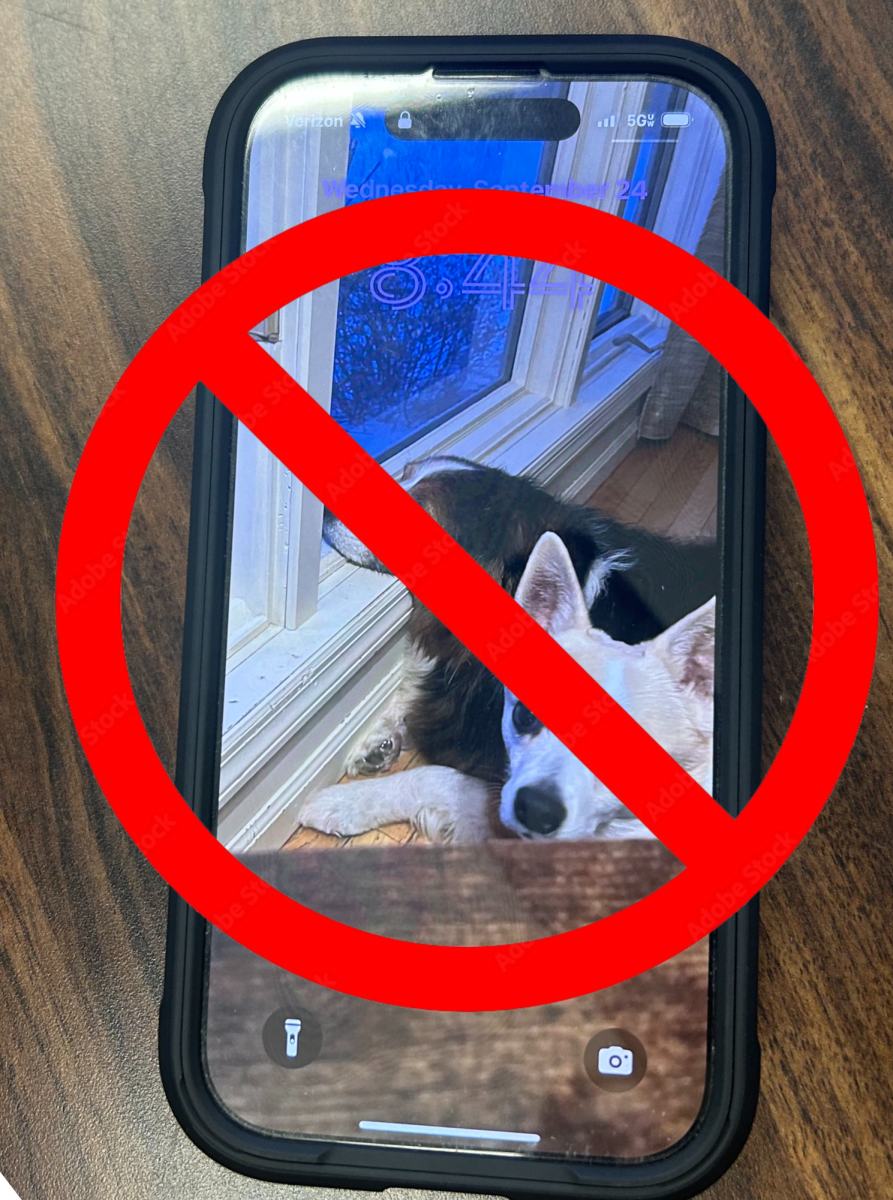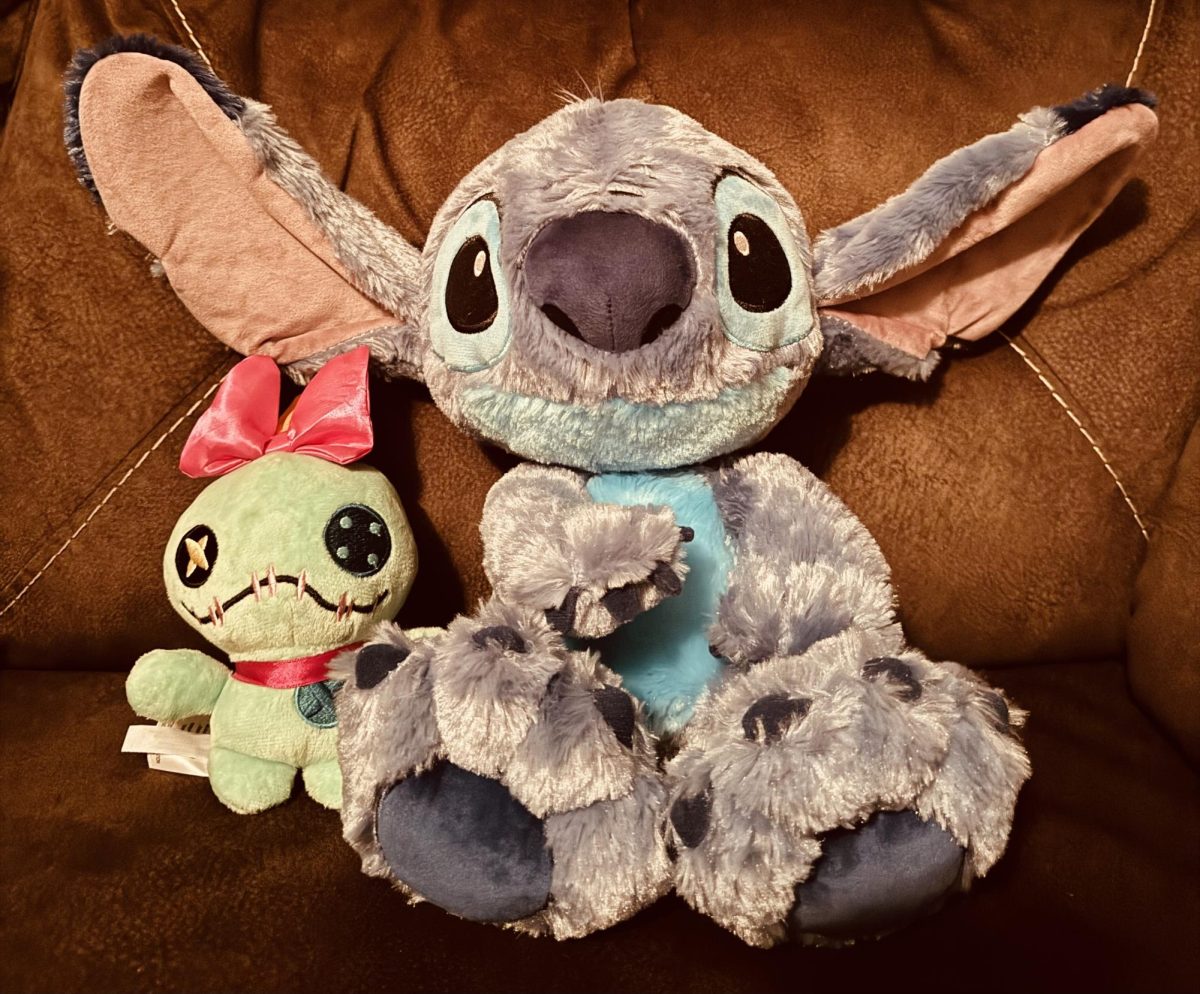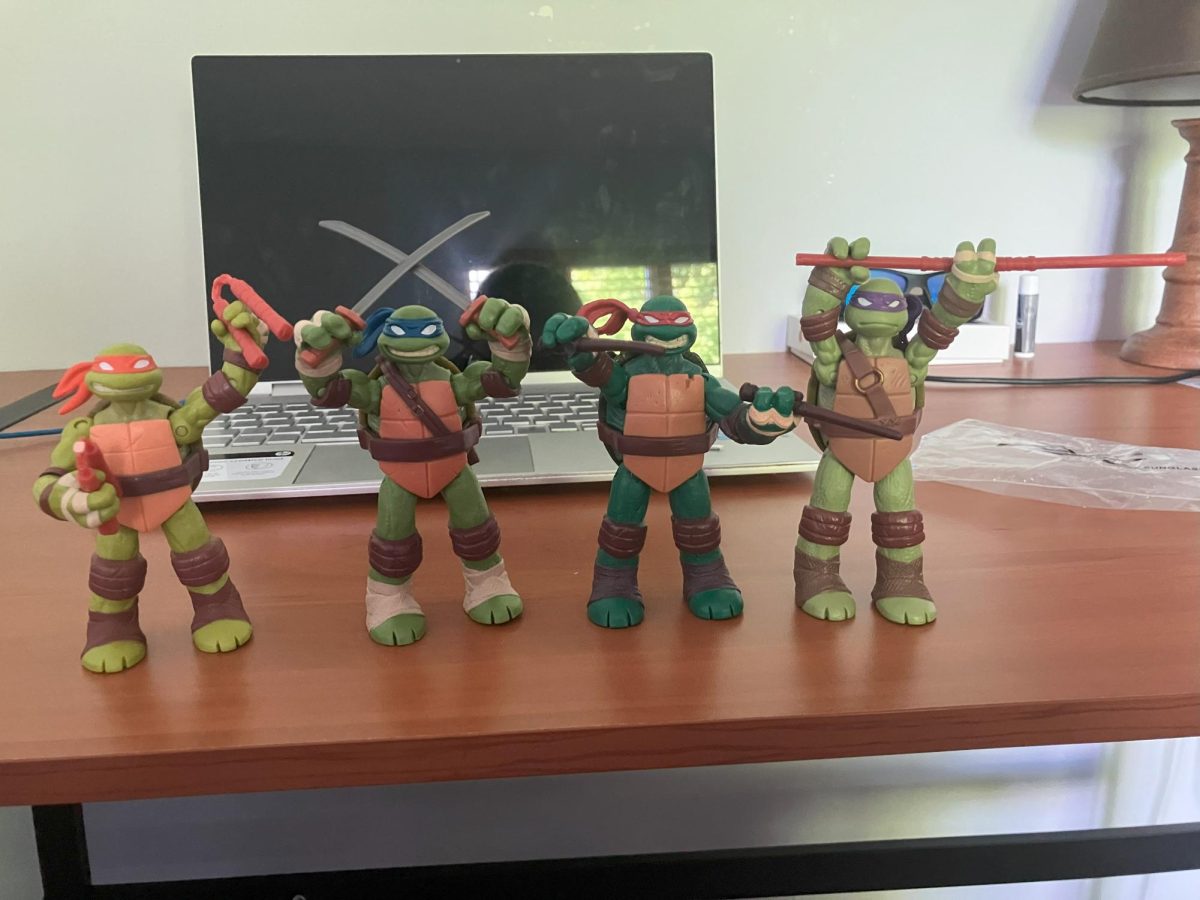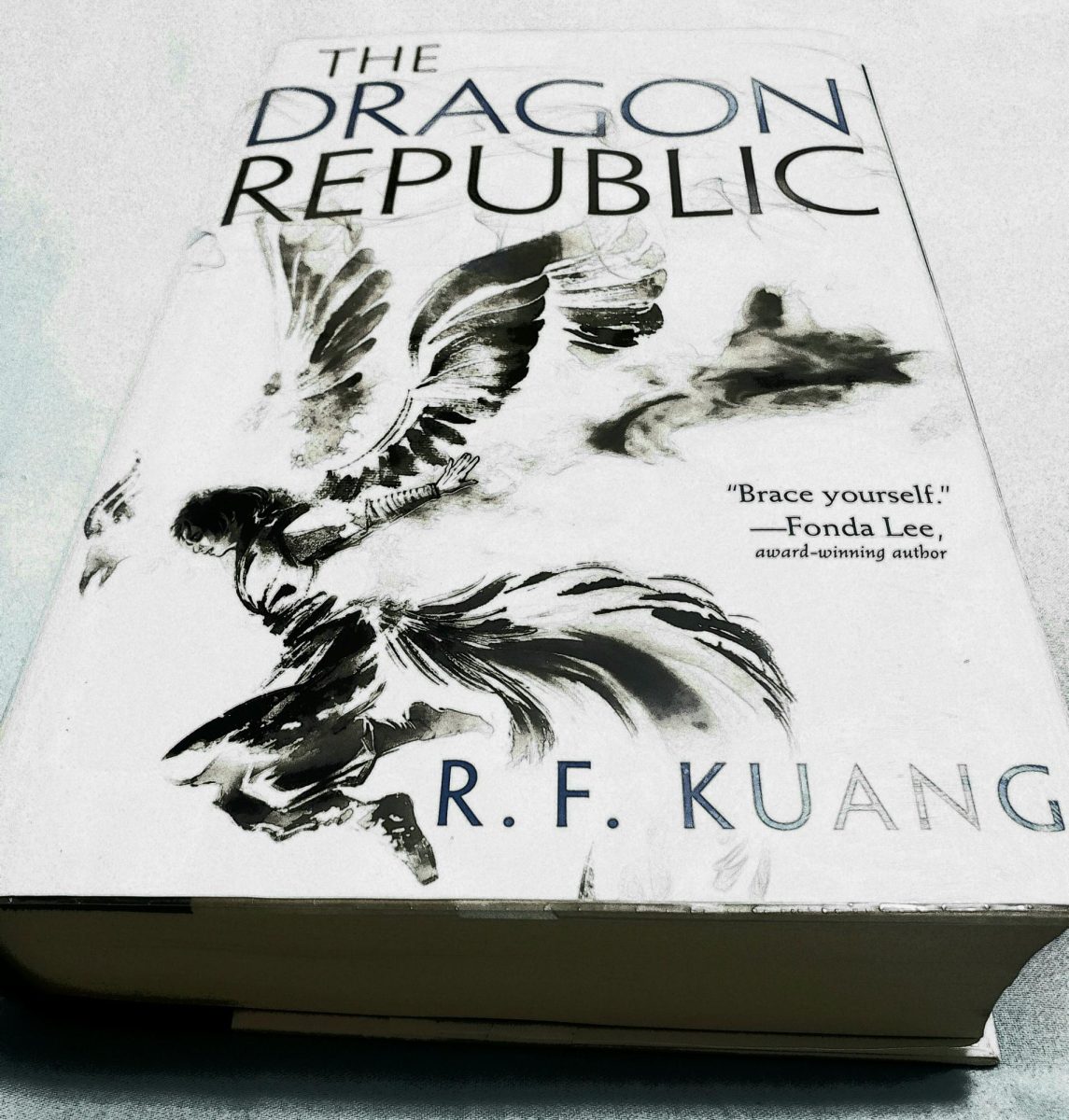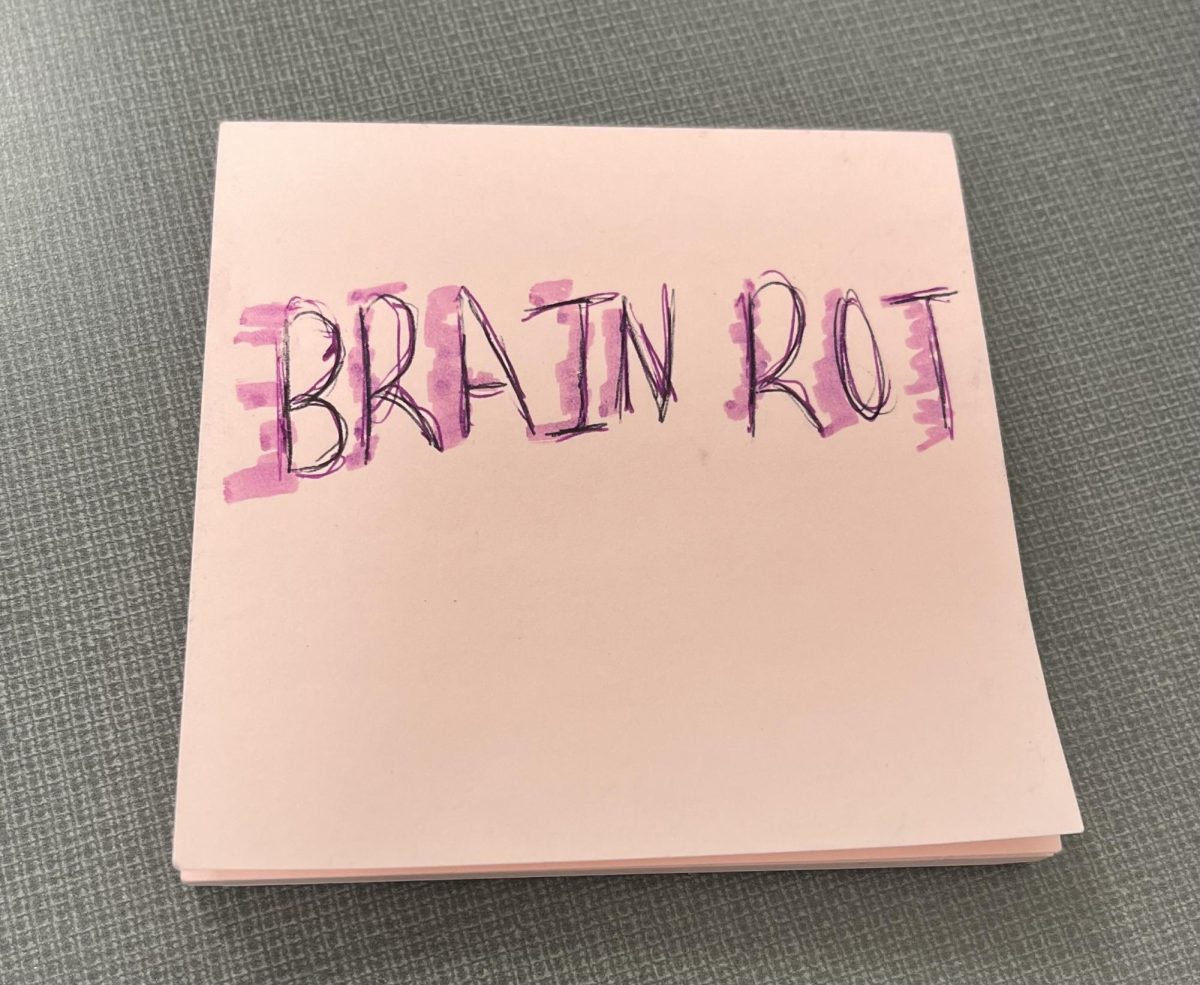As 2024 is coming to a close, many final statements are coming up to wrap up the year: Spotify Wrapped, Time’s Person of the Year, and especially, Oxford’s Word of the Year have been released. Oxford’s 2024 Word of the Year has officially been declared “brain rot.”
Brain rot has been defined by Oxford as: “Supposed deterioration of a person’s mental or intellectual state, especially viewed as a result of overconsumption of material (now particularly online content) considered to be trivial or unchallenging.”
Oxford justified their decision by saying “the term has taken on new significance in the digital age,” which can be fairly said given the chronically online day and age. The selection has been polarizing, as some people have been supportive of the choice, saying it is a good representation of the year, while some say it’s a joke. Some New Hartford students shared their opinions on the word.
Junior Max Ramos is one of those who do not necessarily love the choice. “I’m not a big fan,” he stated. “I feel like there are better words out there that have a bigger impact.”
Max explained that while he thought it was a fine word, the word is “not really relevant, so many other big things happened this year.”
Some of the proposed “follow up” words that didn’t win the word of the year are “dynamic pricing, demure, lore, romantsy” among a few others. After telling Max the list, he explained one of the other words he would’ve chosen is “dynamic pricing.”
“I feel like dynamic pricing could be a good word because of the actual lack of dynamic pricing and the issue in society,” Max said. “The amount of income does not equate to living cost,” Max said, describing the word’s relevance compared to the actual chosen word “brain rot.”
Fellow Junior, Evie Ruggiero, also shared her opinion on the word. “I think the word of the year is somewhat funny in a sort of tragic kind of way,” she said. “The stuff has no educational value, and we can see that, but an unsuspecting seven-year-old might not be able to decipher educational content from pure mush.”
“You and I can sort of laugh at brain rot content, but I think it’s seriously going to affect the younger kids in Gen Alpha,” Evie described.
Evie, while not fully hating the word, explained that while it correctly summarizes the internet’s power over the modern age, it’s not taking into account the actual harm it’s brought to people, especially of the younger generations.
In my opinion, the word of the year is a complicated choice. While I think the word is relevant given the insanely chronically online modern age, the word choice almost feels childish. With the word’s association with apps like TikTok and the reckless use of it, the word feels like a weird choice. It’s not irrelevant, but it feels almost like an ongoing joke, especially after the choice of “rizz” in 2023.
Despite the controversy, Oxford’s “Word of the Year” is still a massive revelation every year and will continue to garner attention with every passing year. Now people can only wonder, what will be the word in 2025?



